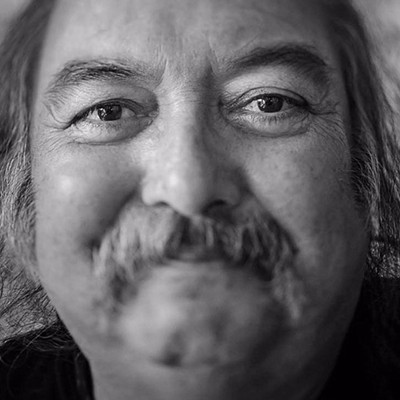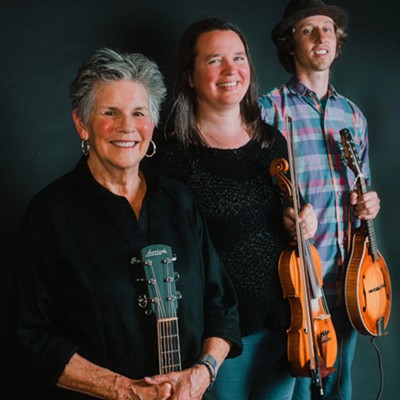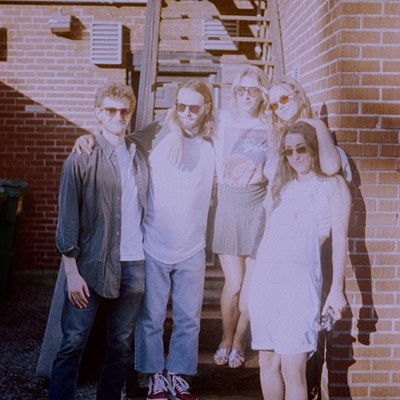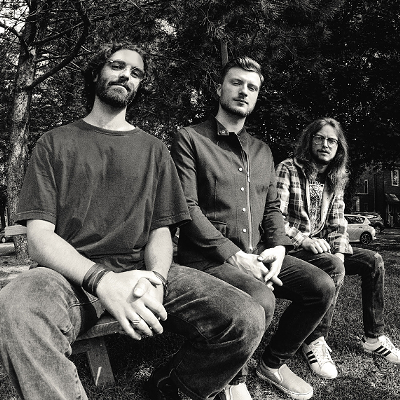New Yorker described "poet of a pianist" Fred Hersch must have wondered if he'd ever get to play the closer for this year's Atlantic Jazz Festival. Fog had enshrouded Stanfield International Airport, diverting both Hersch and his bassist, Drew Gress, both flying in from NYC, to Bangor Maine. When a window of opportunity arose enabling them to complete transit to Halifax, according to what I was told, they arrived at the Delta Halifax around six P.M.. As a rule musicians are allotted hours before showtime for critical soundchecks. That's normally. Try a clutch of minutes for Hersch and Gress. To compound the anxiety, imagine working in for that evening to complete the trio, Richie Barshay, a drummer with previous experience gigging with Hersch, But not with Gress. For us mere mortals, the nerves thermometer in this situation would have rocketed well past hissy fit into the red zone of raging tantrum. Even meltdown. That you in the audience would not have been aware of any of the aforementioned, given the sophisticated performance the trio delighted a very large aggregation of Hersch fans in the Baronet Ballroom last night, attests to the trio's consummate professionalism.
Hersch, gay, amusingly opened with a smooth, fleet-fingered, wryly chic rendition of George Gershwin's classic The Man I Love. Then, over two well-programmed sets, showcased why an admiring musician astutely described Hersch as "the Fred Astaire" of piano jazz. The small, goateed, cheaters-wearing artist of the 88s, danced his fingers in often breathtakingly complex figures, phrases and running chord patterns as he gave instrumental voice to several original compositions - including (for a QUOI? moment) - a bolero. Its inspiration? A Brazilian jasmine vine. The conceit worked. Beautifully. Other composers shone from Hersch's stylistic elegance, wit and keyboard virtuosity. A couple of early Ornette Coleman compositions. Lonely Woman and Foursquare. Miles Davis' Nardis. Thelonious Monk's Work. And Irving Berlin's evergreen Change Partners (and Dance) which Hersch developed into a very droll example of clever, evocative, musical storytelling. Begged for an encore, Hersch completed the evening with a bittersweet lyrical composition of his called Valentine. The amply appreciative audience applauded. Hersch bowed. Deeply. Then, I just bet, for the first time that day, the pianist relaxed.













